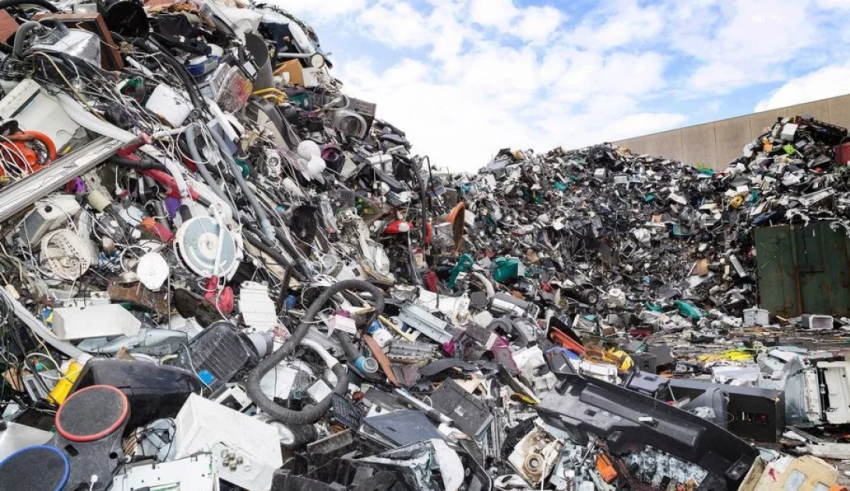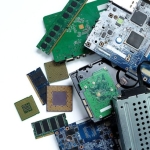
The Philippines is grappling with a growing e-waste problem, with recent figures indicating a significant rise in electronic waste production. This uptick is attributed to increased consumption of electronic goods and a lack of widespread recycling initiatives.
The Environmental and Health Impacts
The improper disposal of e-waste poses severe environmental and health risks. Toxic substances such as lead, mercury, and cadmium can leach into soil and water, contaminating food sources and posing health risks to communities, particularly those near informal e-waste processing sites.
Keep Reading
The Philippine government has recognized the urgency of the situation and is working towards implementing comprehensive e-waste management policies. These include regulations for proper disposal, incentives for recycling, and penalties for non-compliance.
The Role of the Public and Private Sectors
Addressing the e-waste challenge requires concerted efforts from both the public and private sectors. Public awareness campaigns are essential to educate citizens about the importance of e-waste recycling. Meanwhile, private companies are encouraged to adopt responsible e-waste management practices and invest in recycling technologies.
The escalating e-waste issue in the Philippines calls for immediate action. It is crucial to establish an effective e-waste management framework that not only mitigates environmental harm but also capitalizes on the economic opportunities of e-waste recovery.

























